Top 15 Indian Superstitions and their underlying Beliefs
Superstitions have long been an integral part of the cultural fabric of societies virtually the world. India, with its rich tapestry of traditions and beliefs, is no exception. The Indian subcontinent is a land where timeworn customs, rituals and superstitions coexist harmoniously, influencing the lives of millions. These superstitions often towards irrational and unwarranted to the uninitiated observer, but they hold deep significance to those who pinion to them. They are not mere remnants of a yesterday era; instead, they protract to shape the thoughts, deportment and decisions of people wideness various strata of Indian society.
In this article, we delve into the realm of Indian superstitions and explore the underlying logic and cultural significance overdue 15 of them. These superstitions passed lanugo through generations, reflect the tie-up of religious beliefs, folklore, and societal norms. While some might dismiss them as quirks of the human mind, it is crucial to understand that superstitions often serve as a ways to find comfort, establish order, or navigate uncertain circumstances in an unpredictable world.
As we uncover the reasoning overdue these 15 superstitions, we aim to shed light on the cultural, historical, and psychological factors that contribute to their rememberable presence. By exploring the underlying logic overdue these beliefs, we hope to foster a deeper appreciation for the intricate tapestry of Indian traditions and the diverse ways in which people make sense of the world virtually them. Let us unravel the mysteries overdue these timeworn practices and discover the threads that connect the past to the present, offering insights into the ramified tapestry of human beliefs.
Table of Contents
Don’t step out during an eclipse
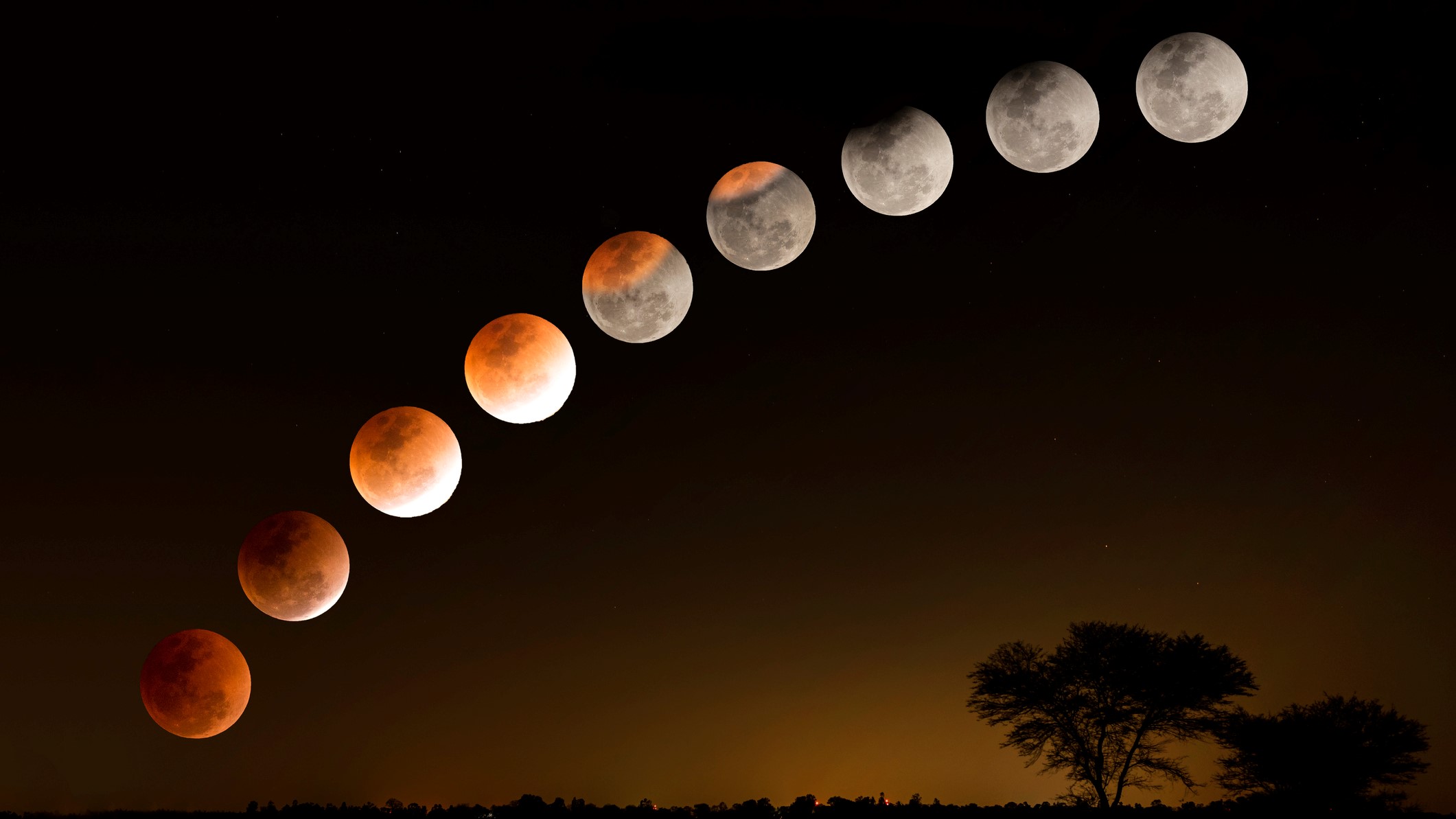
In India, one of the widely observed superstitions is the weighing that one should not step out during a solar or lunar eclipse. This timeworn practice stems from a combination of scientific and mythological reasoning. Scientifically, it is believed that harmful ultraviolet rays emitted during an eclipse can rationalization forfeiture to the vision and skin. Mythologically, eclipses can be seen as inauspicious moments when godhead entities engage in a cosmic struggle. People fear that venturing out during this time might vamp negative energy or bring bad luck. Consequently, this superstition serves as a precautionary measure to protect oneself and maintain harmony with the cosmic forces, ensuring safety and well-being during these godhead events.
Having a suffuse without peekaboo a funeral

In India, a prevalent superstition dictates that one must take a suffuse without peekaboo a funeral. The weighing finds its roots in both cultural and hygienic considerations. Culturally, it is believed that peekaboo a funeral brings one into tropical contact with death, which is considered impure. Taking a suffuse supervenient symbolizes cleansing and purifying oneself, both physically and spiritually, to get rid of any negative energy or impurities uninventive during the funeral. Bathing without peekaboo a funeral helps to maintain personal hygiene and prevent the spread of any potential infection. This superstition thus reflects the importance of both cultural rituals and practical health measures in Indian society.
The mourning family of a deceased person should not melt until shraddha
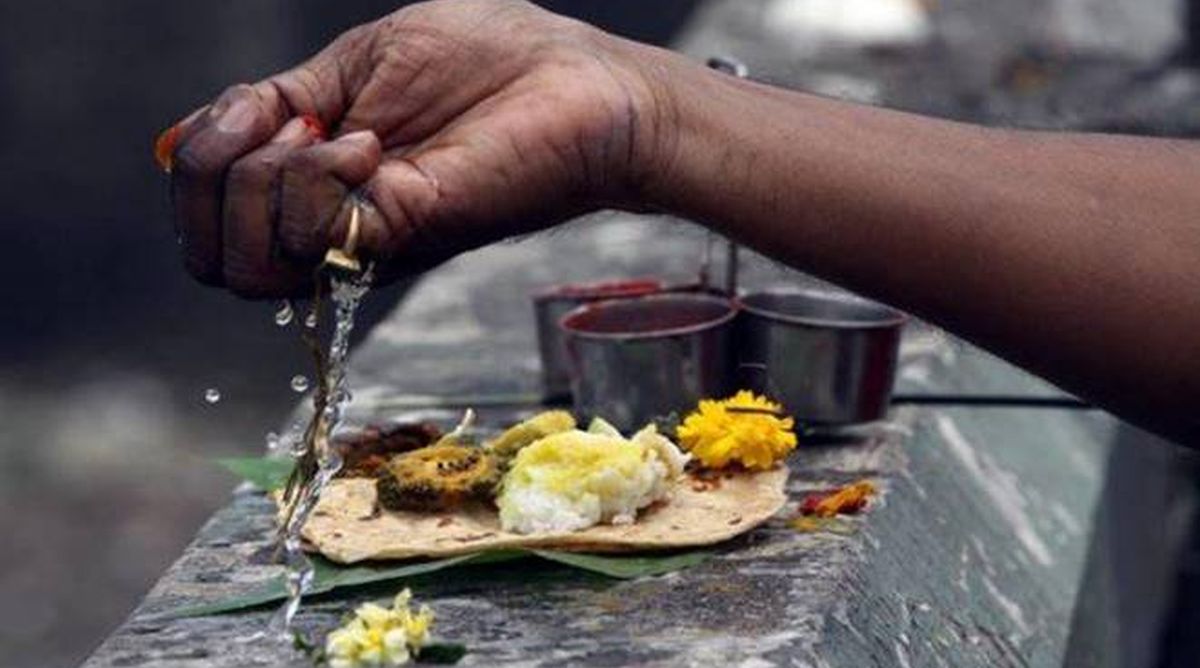
In India, a prevalent superstition dictates that the mourning family of a deceased person should withhold from cooking until the completion of a ritual known as shraddha. This weighing is tightly rooted in cultural and emotional considerations. Culturally, cooking is considered an refreshing and joyful activity, and during the mourning period, it is believed that the family should refrain from engaging in such activities out of respect for the departed soul. Emotionally, this practice allows the grieving family to focus on mourning their loved one’s loss rather than stuff taxed with daily chores. It serves as a symbolic gesture of honoring the deceased and facilitating the mourning process by providing a defended period of reflection and remembrance.
Women are considered impure during their periods and prohibited from inward kitchens or temples or participating in unrepealable activities

In India, a tightly engrained superstition revolves virtually the weighing that women are impure during menstruation, leading to restrictions on their entry into kitchens, temples and participation in unrepealable activities. This weighing stems from traditional notions surrounding purity and hygiene. Menstruation has been historically viewed as a taboo subject, surrounded by secrecy and stigma. From a hygiene standpoint, in older times when sanitary products were limited or non-existent, restrictions on unrepealable activities, including cooking, were imposed to prevent potential contamination or spread of diseases. These restrictions moreover enabled the women to take rest during the time of their periods.
Don’t stand under Peepul tree during the night

In India, a prevalent superstition advises versus going under a peepul tree during the night. This weighing is rooted in both cultural and religious significance. Peepul trees are considered sacred in Hindu Mythology and are believed to be inhabited by various deities and spirits. This superstition stems from the notion that these supernatural beings wilt zippy at night and may rationalization harm or create disturbances. Our siblings probably knew that trees release carbon-di-oxide during the night and inhaling it would have a bad effect. So people were discouraged from going under a peepul tree without dark.
Using lemon and chillies to ward off the evil eye
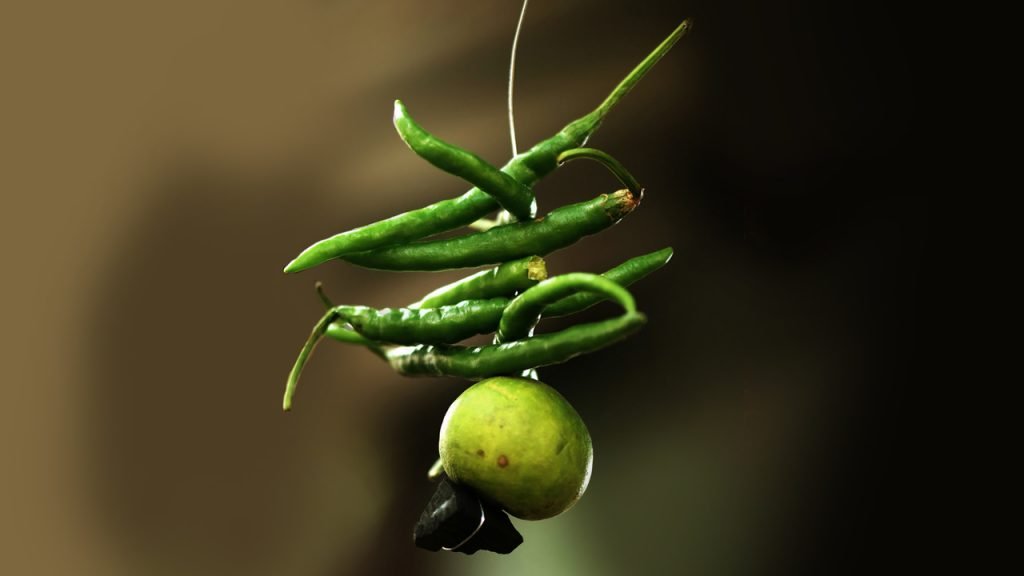
A popular superstition in India revolves virtually using lemon and chillies to ward off the evil eye. The weighing overdue this practice lies in the perceived protective properties of these items. Lemons are considered symbols of purity and freshness, while chillies are believed to possess the power to repel negative energy. The combination of the sourness of lemons and the spiciness of chillies is thought to create a strong deterrent versus malevolent forces. It is believed that ‘Alakshmi’, the Goddess of misfortune can bring bad luck and misfortune. The Goddess likes sour, pungent and hot things, so people hang lemons and untried chillies outside their homes, shops and vehicles so that the Goddess gets to eat her favorite food, satisfy her hunger and leave without inward the premises.
If a woebegone cat crosses the path, one should not move forward
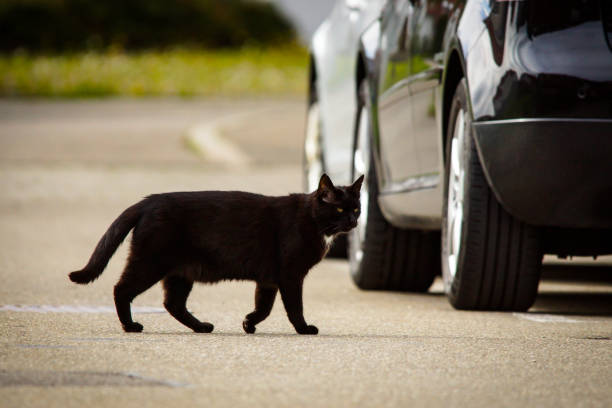
In India, a worldwide superstition dictates that one must not move forward if a woebegone cat crosses your path. Woebegone cats have been long associated with witchcraft and supernatural entities in various traditions worldwide. In Indian folklore, it is believed that a woebegone cat crossing your path brings bad luck or misfortune. In India, the woebegone verisimilitude is associated with Lord Shani. In astrology, it is believed that Lord Shani is indicating not to go out or to wait the work for which you are going out.
Not wearing the nails without sunset

In India, a worldwide superstition advises versus wearing one’s nails at night. This weighing stems from a combination of cultural and practical reasons. Culturally. It is believed that wearing nails without sunset brings bad luck or invites evil spirits. The superstition may have originated from the fact that wearing nails in poor lighting conditions at night can lead to willy-nilly cuts and injuries. Additionally, wearing nails at night can be seen as unhygienic, as it’s harder to properly wipe and dispose of nail clippings in the dark. The superstition serves as a precautionary measure to prevent accidents, maintain hygiene and stave any negative consequences associated with wearing nails in the sparsity of proper lighting.
Not sweeping the house without sunset
:max_bytes(150000):strip_icc()/how-to-sweep-a-floor-1901115-hero-fd6dfc1bd0184694bd0d0be4b8a0a2ab.jpg)
In India, a prevalent superstition advises versus sweeping the floor without sunset. There may be cultural and spiritual considerations overdue this superstition. It is said that sweeping the house without visionless may make Goddess Lakshmi- the Goddess of wealth leave the house. This may refer to the valuable things we may be having in the house like pieces of jewellery which may be unwittingly swept yonder withal with the trash in the sparsity of unobjectionable light.
Adding one rupee to a souvenir sum
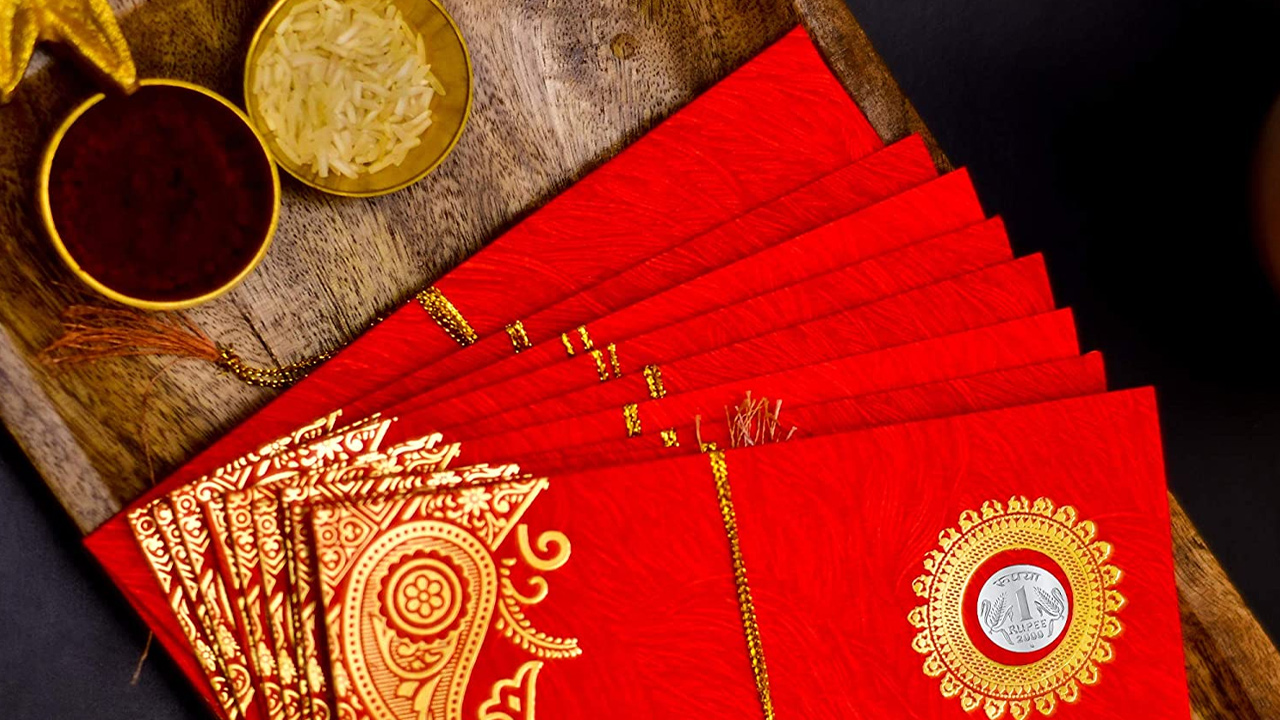
In India, a worldwide superstition advises subtracting one rupee to a souvenir sum when presenting it to someone. This weighing is rooted in the concept of auspiciousness and symbolic significance. The number one that is represented by the spare rupee is a symbol of unity, new beginnings and prosperity. By subtracting this one rupee, it is believed that the souvenir becomes increasingly favorable and brings good fortune to the recipient. This superstition reflects the cultural accent on symbolism and the desire to enhance the positive energy associated with the souvenir reinforcing a sense of goodwill and blessings for the receiver.
Twitching of the eye is inauspicious

In India, a worldwide superstition suggests that if one’s eye twitches, it is considered inauspicious or a sign of impending events. The weighing is rooted in the idea that eye-twitching is associated with the movement of cosmic or spiritual energies. Depending upon which eye twitches, there may be variegated interpretations, ranging from impending good luck to possible financial losses.
Eating Dahi-Cheeni ( Sweetened Curd) for good luck
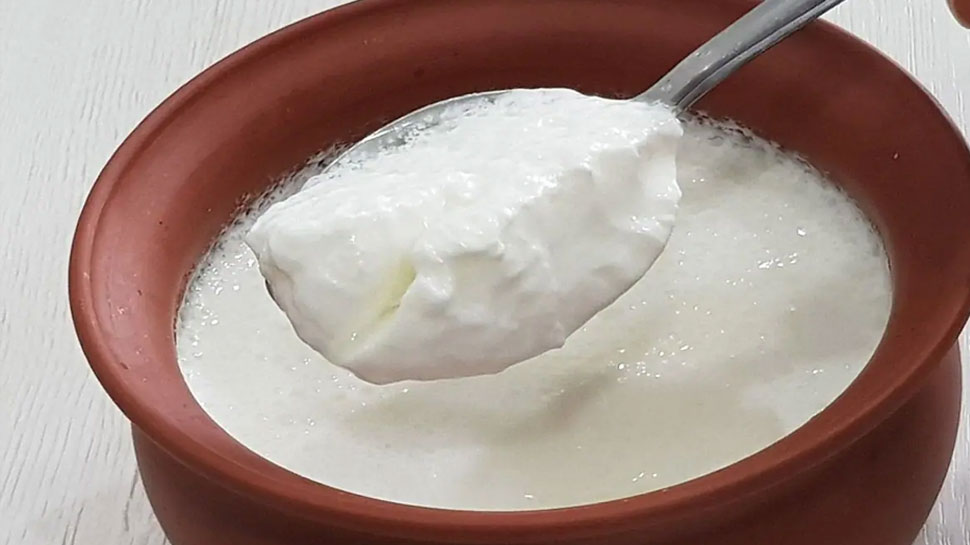
In Indian superstition, it is believed that consuming Dahi-Cheeni or sweetened curd brings good luck. The logic overdue this practice lies in the symbolism of sweetness and positivity. Starting the day with something sweet, it is believed to vamp good fortune and positive experiences. Additionally, the curd is considered cooling and soothing, promoting a sense of wifely and balance. This superstition reflects the cultural accent on refreshing beginnings and the weighing that small actions, such as consuming Dahi-Cheeni, can set the tone for a positive and fortunate day ahead.
A wrenched mirror brings bad luck

The superstition that a wrenched mirror brings bad luck is based on cultural symbolism and practical concerns. A mirror is believed to reflect one’s soul and breaking a mirror is seen as shattering one’s reflection. The fear of seven years of misfortune associated with a wrenched mirror likely stems from the forfeit and inconvenience of replacing a valuable object, leading to a weighing in its negative consequences. Additionally, the sharp fragments of a wrenched mirror pose a hazard, remoter reinforcing the cautionary nature of this superstition.
Drinking milk without eating fish causes skin diseases

The Indian superstition that drinking milk without eating fish causes skin diseases is based on the weighing in incompatible supplies combinations. According to Ayurveda, fish and milk have variegated qualities and can create an imbalance in the body, leading to skin issues. This superstition serves as a cautionary measure to stave potential digestive issues or allergic reactions that may upspring from combining these two contrasting supplies items. However, it is important to note that individual sensitivities vary, and not everyone may wits wrongheaded effects without consuming fish and milk together.
Do not sleep with your throne facing the North

The Indian superstition of not sleeping with the throne facing north is based on Vastu Shastra, an warmed-over system of tracery and design. According to Vastu Shastra, the human soul is considered a magnet, and sleeping with the throne facing the north can disrupt the body’s magnetic field, leading to disturbed sleep and health issues. While scientific vestige for this superstition is limited, it is possible that it originated from an understanding of magnetic fields and their potential impact on the body’s energy.
Exploring the world of Indian superstitions and unraveling the underlying logic overdue them has offered us a fascinating glimpse into the intricate tapestry of cultural beliefs and practices. While some may dismiss these superstitions as mere irrationalities or remnants of the past, it is essential to tideway them with an unshut mind and an appreciation for their cultural and historical significance.
As we protract to evolve and progress as a society, it is crucial to strike a wastefulness between cultural heritage and rational thinking, recognizing the value of tradition while moreover encouraging hair-trigger thinking and scientific inquiry. By exploring the logic overdue these superstitions, we can proceeds a deeper understanding of our joint human experiences and foster a increasingly inclusive and informed society.






